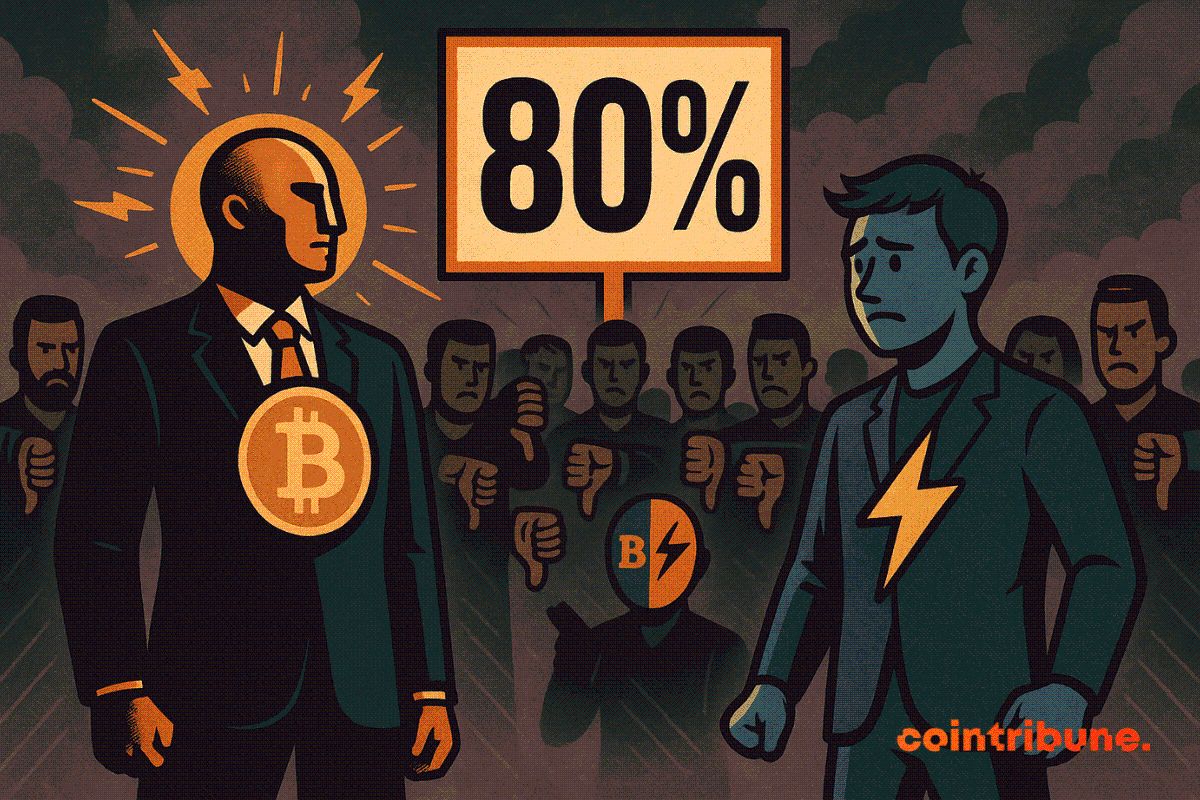Uniswap News Today: ZK Technology Secures $9 Million Funding to Transform Trustless DeFi Rewards
- Uniswap Foundation grants Brevis $9M to build a trustless gas rebate program for v4 hooked pools via ZK proofs. - The system uses off-chain computation and cryptographic verification to reduce costs while maintaining DeFi decentralization. - Routers gain economic incentives to adopt v4's advanced features, potentially boosting liquidity and trader efficiency. - This ZK-powered model could set a precedent for scalable, transparent DeFi incentives across blockchain ecosystems.
The
Uniswap v4, which debuted in January 2025, brought in customizable "hooked pools" that let developers integrate features like on-chain limit orders, automated liquidity compounding, and MEV-resistant mechanisms, according to a

Brevis’s solution uses off-chain processing to assess rebate eligibility, producing cryptographic proofs that are subsequently checked on-chain through smart contracts, as explained by ChainCatcher. This approach sidesteps the high costs and scalability concerns of on-chain computation while preserving trustless verification. Routers can apply these rebates to reduce their own costs, share savings with users, or grow sustainable treasuries, creating a cycle that promotes wider use of v4’s capabilities, according to the Brevis announcement.
This partnership highlights a broader mission: making DeFi more user-friendly and efficient. By cutting gas costs and simplifying aggregator integration, the initiative improves the user experience and encourages innovation, as noted in the Revolutionary Uniswap Foundation Grant coverage. For developers, the financial rewards linked to v4’s hooks accelerate the testing of advanced AMM (Automated Market Maker) features, potentially opening doors to new applications like algorithmic trading and yield strategies, the LookonChain report observes.
The Uniswap Foundation’s funding also reflects a wider industry shift toward ZK technology for better scalability and privacy. Brevis’s involvement underscores the rising significance of off-chain computation in overcoming blockchain throughput challenges without sacrificing security, a point emphasized by ChainCatcher. The trustless design of the rebate program ensures that no single party oversees verification, upholding DeFi’s key value of decentralization, as stated in the Revolutionary Uniswap Foundation Grant.
Looking forward, this initiative could become a model for future DeFi projects. By showing how ZK proofs can expand incentive programs while keeping processes transparent, the collaboration between Uniswap and Brevis may encourage similar approaches across other blockchain platforms, according to the LookonChain report. For now, the main goal is to boost v4’s adoption: increased liquidity from aggregated pools could result in narrower spreads and less slippage for traders, while developers benefit from a solid foundation for building advanced financial applications, the Brevis announcement concludes.
Disclaimer: The content of this article solely reflects the author's opinion and does not represent the platform in any capacity. This article is not intended to serve as a reference for making investment decisions.
You may also like
AI-Blockchain Leaders Falter While Presale Pioneers Transform the Investment Scene
- AI-blockchain convergence drives high-return investments via AI analytics, tokenized assets, and scalable infrastructure, attracting retail/institutional capital. - C3.ai faces 50%+ stock decline and $116M losses, exploring strategic options after founder's departure, with potential buyers including defense/enterprise giants. - SoundHound AI reports 68% YoY revenue growth to $42M, leveraging voice-first tech and enterprise automation to narrow losses and target 2026 breakeven. - Presale projects like IPO

U.S.-India Trade Agreement Strikes a Balance Between Strategic Interests and Energy Relations
- U.S. and India near trade deal to cut tariffs (15-16%) and reduce India's Russian oil imports, easing tensions. - Agreement aims to boost bilateral trade to $500B by 2030 while addressing U.S. concerns over India's Russian energy ties. - India seeks WTO-compliant steel/aluminum export terms, balancing U.S. strategic goals with its energy security priorities. - Deal could inject $250-350B liquidity globally, weakening the dollar and boosting crypto markets like Bitcoin .

Is the Lightning Network Losing Steam? The Numbers Raise Questions

Luxren Capital Review 2025: Is This Broker Worth Your Trust, Time, and Money?